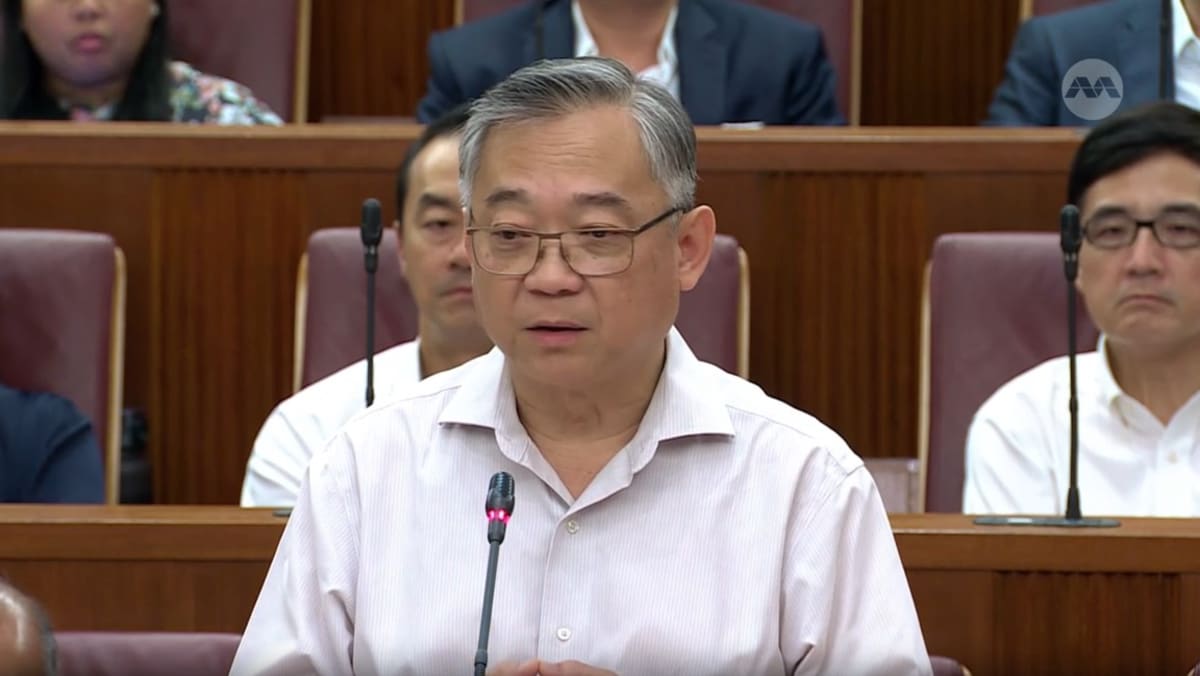In response, Mr Wong said the government has gathered similar feedback from businesses and is concerned about how the disruptions to firms and their operations might lead to a spillover impact on overall economic growth.
“That is why we think their concerns have to be dealt with quickly so DPM Gan’s task force will continue to engage businesses to better understand the full extent of the impact because this situation is still unfolding, and eventually work out what additional measures we need,” said Mr Wong.
Noting that US tariffs could be imposed on the semiconductor industry, Mr Saktiandi Supaat (PAP-Bishan-Toa Payoh) asked about the impact such tariffs would have on jobs and growth.
Mr Gan said the potential tariffs on the semiconductor industry are “something … of great concern” given how Singapore’s semiconductor exports to the US make up about 8.9 per cent of Singapore’s total goods exports to the US.
This is equivalent to 0.8 per cent of Singapore’s total goods exports to the world last year – an amount that is “not insignificant”, said the minister.
The government has been engaging the semiconductor industry and will continue doing so, said Mr Gan.
MPs, such as Mr Liang Eng Hwa (PAP-Bukit Panjang), also raised questions about trade negotiations with the US.
Mr Liang wanted to know if the government continues to have access to key US officials for negotiations on tariffs, and whether the latest move by the US might affect other bilateral initiatives.
In his reply, Mr Wong said Singapore will “actively engage” members of the US administration to better understand their concerns about the trade relationship between both countries, “address any misperceptions” and discuss the best way forward.
“Of course, if the US decides that the baseline rate is universal across all countries, then it’s a different consideration altogether,” he added.
“It’s not bilateral; it’s their view of the world and they have decided that every country should at least have a 10 per cent tariff, but we are continuing to have these conversations with the US administration, and also with other countries.”
The tariffs, announced by US President Donald Trump on Apr 2, impose a universal 10 per cent tariff on all imports into the country, with higher rates for countries deemed to have treated the US “unfairly”.
Singapore, which currently imposes zero tariffs on US imports, is subject to the baseline 10 per cent rate.
On other aspects of Singapore’s relationship with the US, Mr Wong noted that both countries have built up a “close relationship” over many decades in areas such as security and defence.
These will be maintained, alongside discussions for new cooperation in areas like new technologies and energy.
“So, these areas of cooperation remain, and we certainly want to continue advancing them as well,” said Mr Wong.
